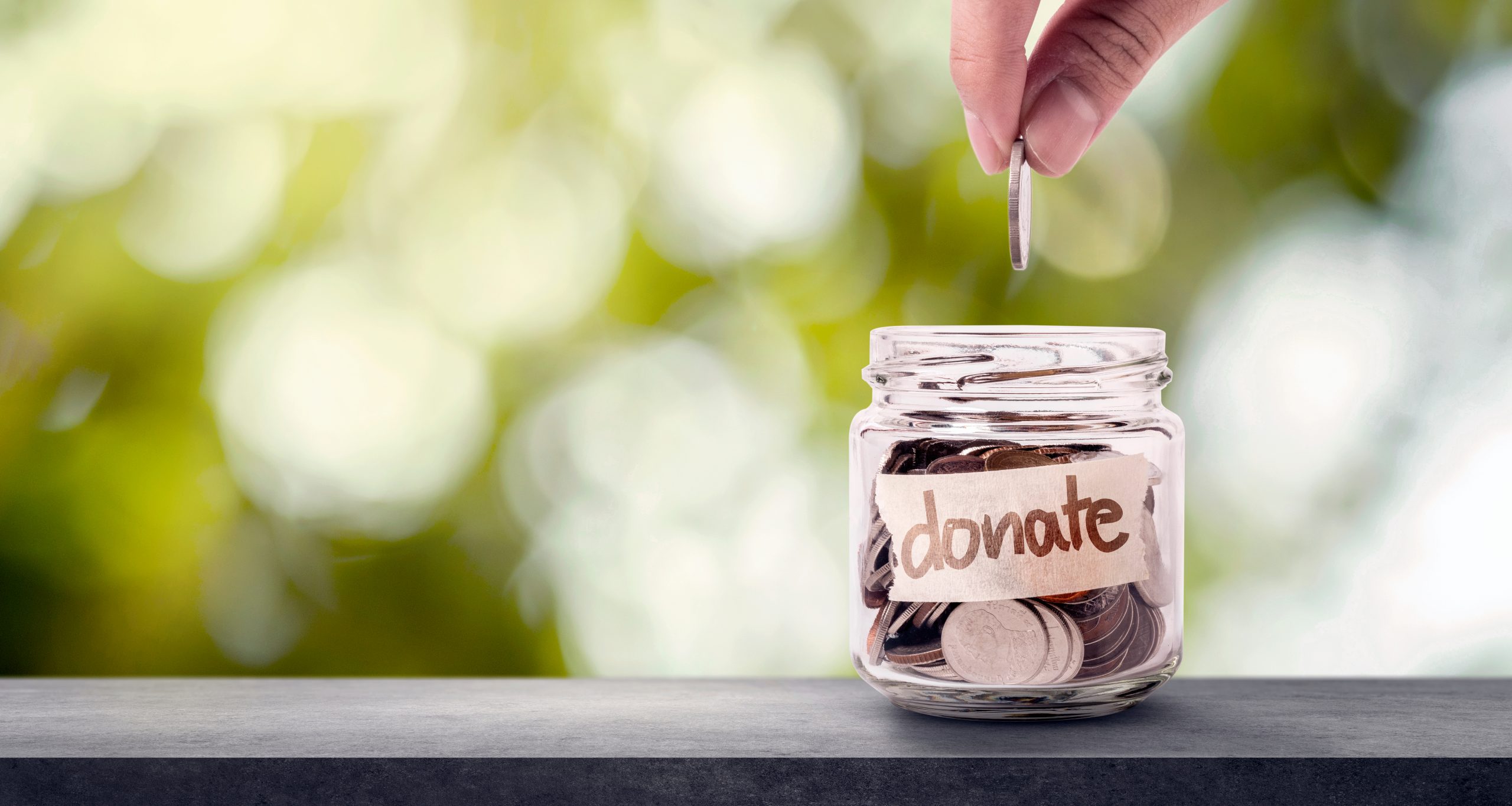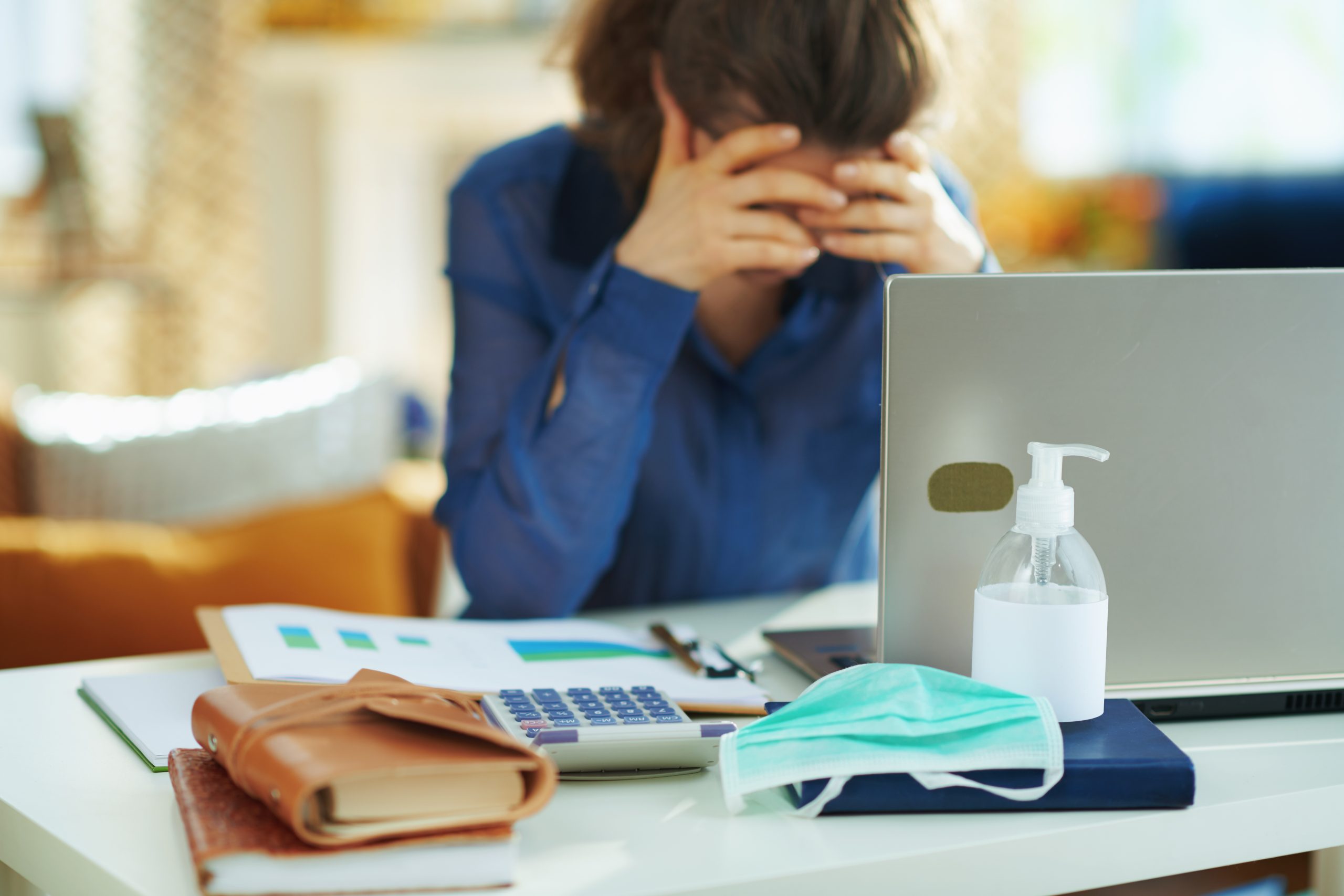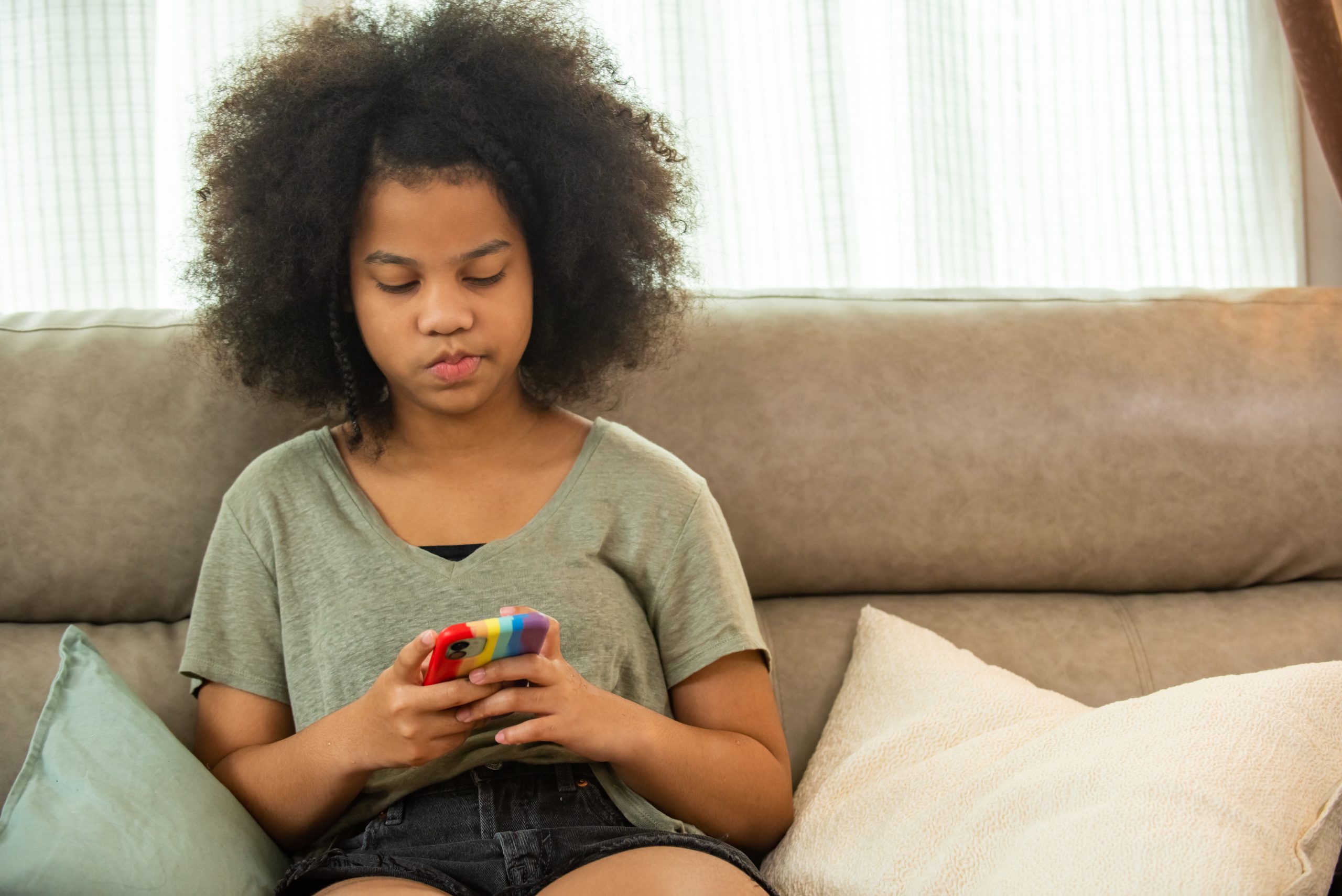
Press Release: Regional Care Group Donation Extends Hobart Families Hotel Stay
Jul 18 2022

The analogy mental health professionals use to gauge if an individual needs professional counseling is a stress bucket.
Every day, all of us acquire daily stress that starts filling the bucket. By the end of most days, we’ve found a way to empty the bucket.
When additional, constant stress flows into the container day after day, we might be starting our day with the bucket three-quarters of the way full. At that point, it takes very little for the stress to overflow, interfering with our daily functioning.
Since COVID-19 surged to pandemic levels in March of 2020, many buckets have overflowed.
Which has brought up the issue of COVID-related Post Traumatic Stress Disorder. Is that what people are experiencing? If so, what can be done about COVID-PTSD?
“I would say, based on formal diagnostic criteria, what we’re seeing wouldn’t necessarily fit as PTSD,” said Dr. Jared Eaton, a clinical psychologist with Regional Health Systems and supervisor of three outpatient programs across RHS’ network.
But, Eaton noted, COVID has been the cause of more than 1 million deaths in the U.S. Whether or not someone lost a loved one, distressing news, information—even confusion—about the illness was inescapable.
“And certainly, people have an increased worry around COVID,” he said. “I’m not sure that it would necessarily hit all the criteria for PTSD, but it’s certainly traumatic. I think that’s the key difference: something can be traumatic; that doesn’t necessarily mean Post Traumatic Stress Disorder.”
His assessment aligns with research published in the Nov. 2, 2021, issue of the journal Chronic Stress. The authors examined 36 studies on COVID-19 related PTSD or PTSD symptoms in the general population of adults. The results: “moderate to severe posttraumatic symptoms” existed in nearly 26 percent of the general population.
But the authors noted that the pandemic “as a disruptive global experience” may not constitute a direct exposure to a traumatic event—a crucial criteria of PTSD. They conclude that even coming down with COVID could be considered a “non-traumatic stressful event(s.)”
“Consequently,” the authors write, “future studies estimating the psychological consequences of the pandemic should carefully consider whether outcomes reflect PTSD or some form of the stress-related condition.”
COVID stress subsiding but take care of yourself
Regional and other mental health providers saw COVID-related stress manifest itself in increased cases of depression, anxiety and substance abuse, Eaton said. Throughout the two years of the COVID pandemic, Eaton “guesstimated” that RHS and providers throughout the field experienced an estimated 20 percent increase in clients.
“Our resources have been pretty taxed,” he said, adding that RHS and many providers had waiting lists of clients. “Prior to COVID, I hadn’t experienced that in my almost eight years at Regional.”
Those numbers have subsided somewhat in recent months, he added.
For individuals trying to determine if they need to seek professional counseling to deal with stress—related to COVID or anything else in their lives—Eaton said they should pay attention to whether that stress is interfering or about to interfere with daily functioning.
“Is it occupying a good chunk of your day?” he said. “Is it constantly on your mind? If it’s constantly on your mind, you’re less focused on the task at hand. And it can be any particular stressor. It could be finances or family issues. For the times we’re currently in, it may very well be COVID.”
Regional offers a range of resources for individual children, teens and adults, families and groups. Those include individual and family therapy, and outpatient therapy for mental health, and intensive outpatient and residential treatment for substance abuse. Details are on the RHS website, or can be found by calling 219-769-4005.
Although COVID-related stress may be dissipating, the most important consideration for those dealing with potential mental health issues from the pandemic or elsewhere in their lives is self-care, Eaton said.
“Doing what makes you feel safe, regardless of whatever pressure you may experience from others, is the biggest thing,” he said. “If you would feel most comfortable wearing a mask, wear a mask.”
It’s also important to view that self-care in a broader context, Eaton said.
“If your self-care is going out and doing things like going for a walk or hiking or going to the movies, whatever those things are, the more you can do those and do those in a way that is safe and comfortable for you, the more helpful it will be to your mental health.”

Jul 18 2022

May 26 2022